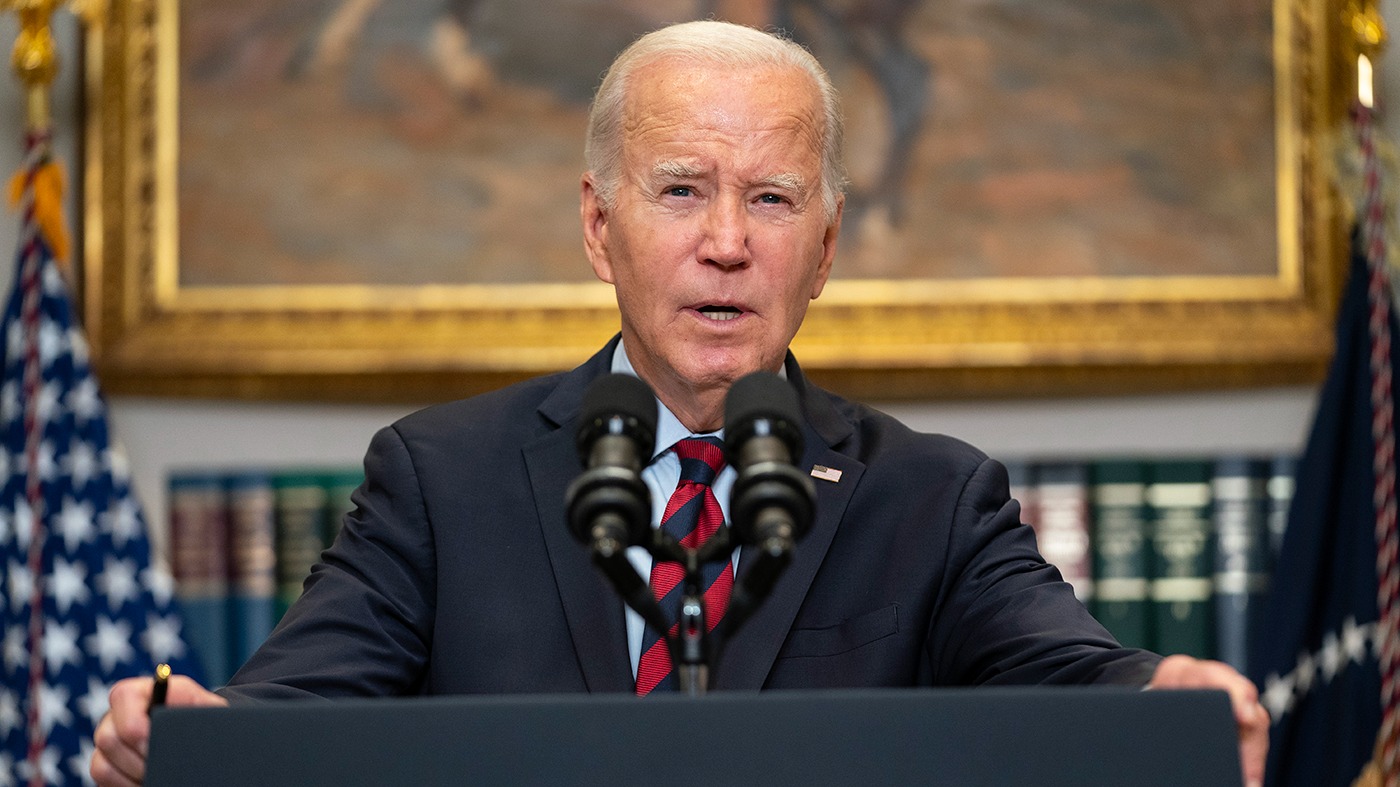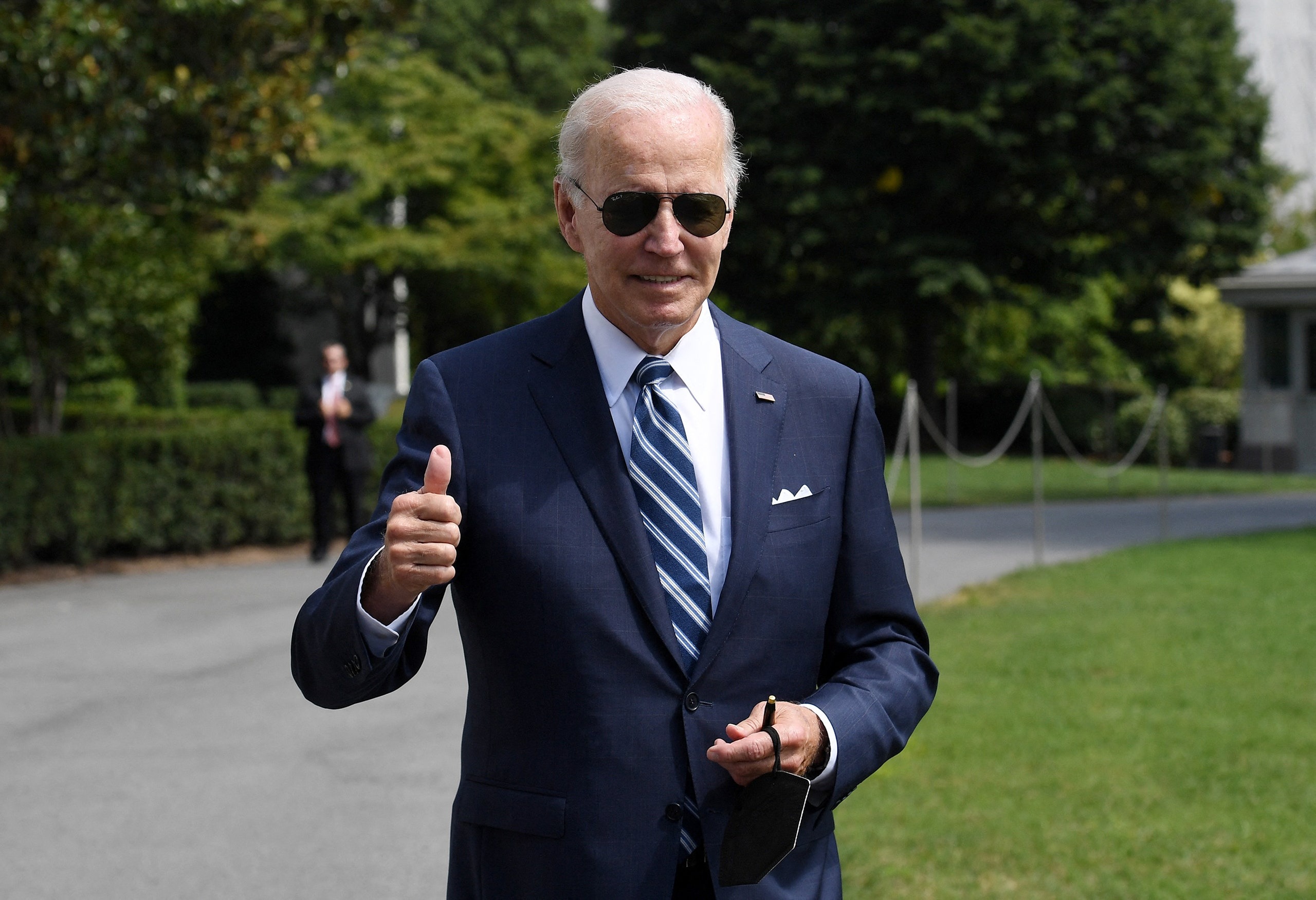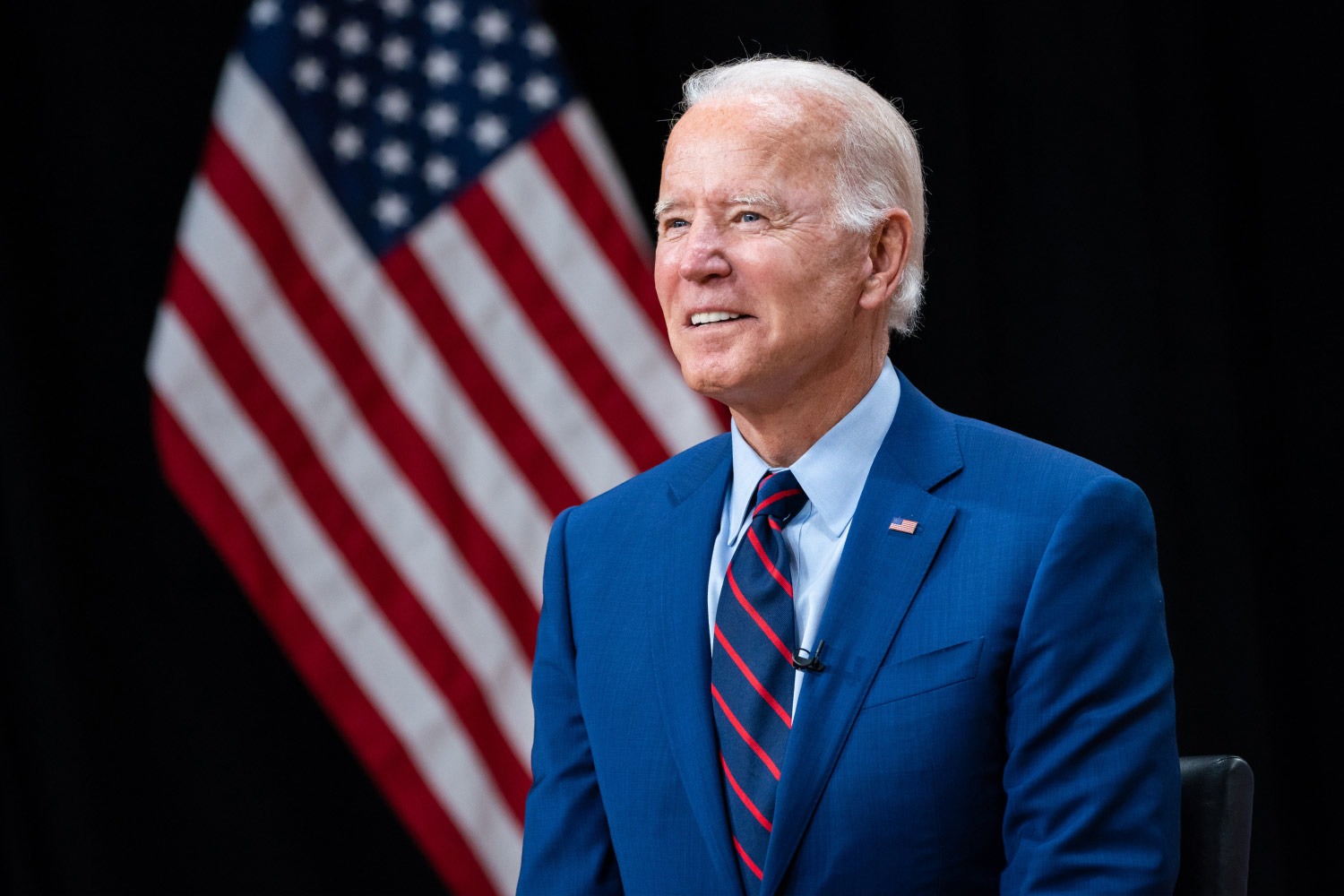The Department of Homeland Security (DHS) is standing by a 2009 decision that allows Chinese nationals to enter U.S. territory, including Guam, without a visa under certain circumstances deemed to have a “huge public benefit.”
This policy has sparked criticism from Republican lawmakers, who argue that it creates a loophole for potential infiltration by members of the Chinese Communist Party (CCP) and poses a threat to national security, especially considering Guam’s hosting of key U.S. military bases.
DHS defended this policy in a letter to Republican Senator Joni Ernst and Representative Neal Dunn, explaining that it is based on the Consolidated Natural Resources Act of 2008 (CNRA) and the Guam-Commonwealth of the Northern Mariana Islands (CNMI) Visa Waiver Program.
This program allows nationals from certain countries, including China, to travel to Guam and the CNMI for short visits without a visa, but they are not authorized for employment and cannot travel to other parts of the United States without proper authorization.

Joe Biden (Credits: The Hill)
The agency emphasized its vigilance in screening and vetting travelers to prevent exploitation of immigration processes and deny entry to high-risk individuals. However, Republican lawmakers argue that this policy leaves critical military installations in Guam vulnerable to potential threats from CCP-linked individuals using this visa loophole.
Senator Ernst criticized the Biden administration for defending what she called an outdated immigration policy that puts national security at risk. She highlighted the CCP’s aggressive efforts to infiltrate the United States and called for changes to the visa policy to prevent malign activities by Chinese nationals.

President Joe Biden (Credits: CNN)
Representative Dunn expressed disappointment in DHS’s response, criticizing what he perceived as willful ignorance of ongoing national security concerns. He emphasized the need to implement stricter visa requirements to deter potential threats from the CCP.
These concerns about Chinese nationals arriving at the U.S. border illegally have been exacerbated by a vast increase in such encounters in recent years, raising fears about national security implications and the need for stronger border enforcement measures.























